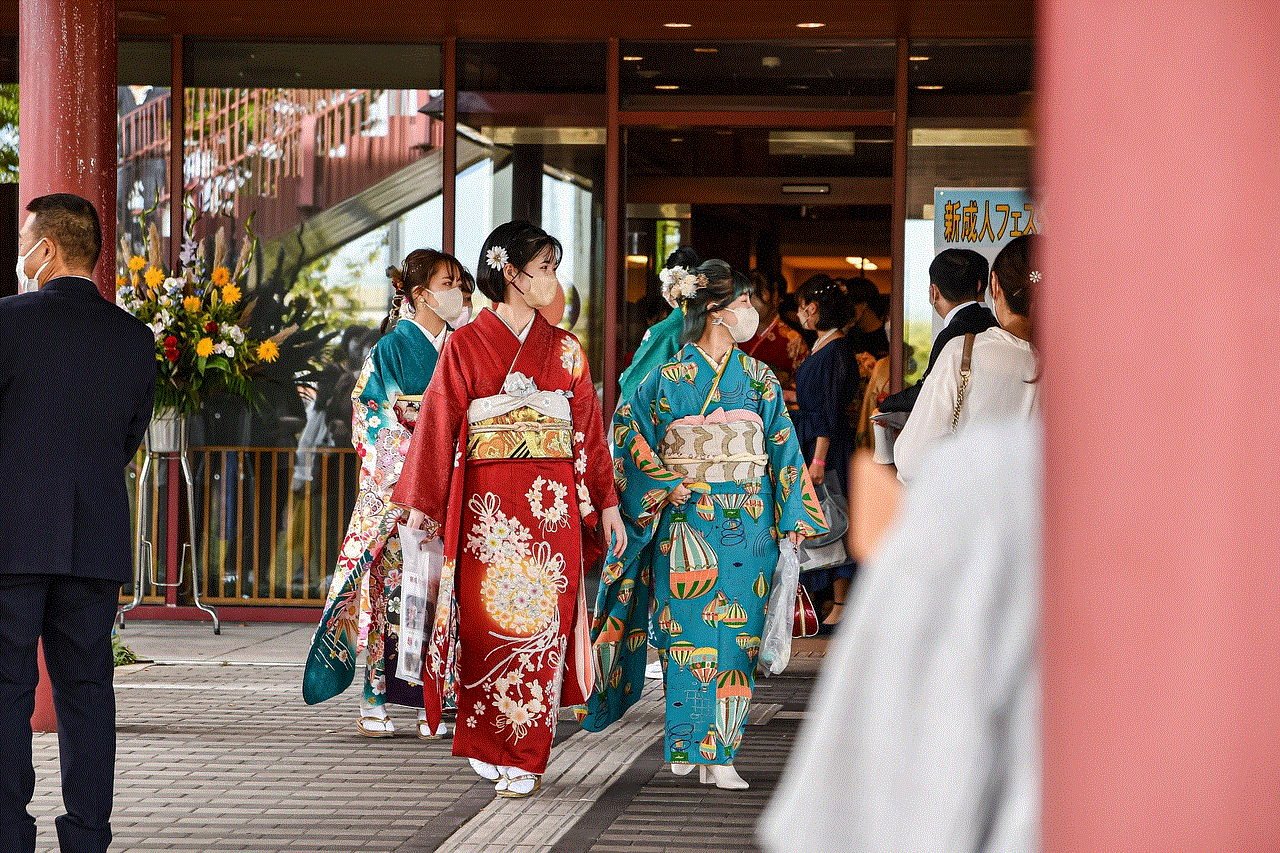gl words list
## The Evolution and Impact of the “GL Words” Phenomenon
In the vast expanse of language and communication, certain patterns and themes emerge that shape the way we express ourselves. One such phenomenon is the concept of “GL words.” The term “GL words” refers to a category of words that share specific characteristics or thematic elements, which can provide insight into cultural trends, linguistic evolution, and social dynamics. This article delves into the definition, historical context, cultural significance, and future implications of GL words, exploring their role in shaping human interaction and understanding.
### Understanding GL Words
At its core, GL words can be understood as words that embody themes of growth, learning, and transformation. The prefix “GL” can be interpreted as an abbreviation for “growth and learning,” highlighting the essence of these words. Examples of GL words include “growth,” “glean,” “glimmer,” “glow,” and “gladness.” Each of these words carries connotations of positivity, progression, and enlightenment, making them particularly relevant in discussions surrounding personal development, education, and social change.
### Historical Context
The emergence of GL words can be traced back to various linguistic traditions that emphasize the importance of growth and evolution in human experience. In many cultures, language has served as a tool for expressing aspirations, values, and beliefs. For instance, in ancient philosophical texts, the concept of growth is often intertwined with ideas of virtue and enlightenment. The teachings of Confucius, for instance, emphasize the importance of continual learning and moral development, concepts that are encapsulated in GL words.
Furthermore, the evolution of language itself reflects societal changes and the collective human experience. As communities grow and adapt, so too does their language, leading to the introduction of new words and phrases that capture the spirit of the time. GL words, therefore, can be seen as a linguistic manifestation of humanity’s enduring quest for knowledge and self-improvement.
### Cultural Significance
In contemporary society, GL words have gained traction in various fields, including education, psychology, and personal development. They resonate with individuals seeking to cultivate a positive mindset and foster resilience in the face of challenges. The ubiquity of self-help literature and motivational speaking has further propelled the popularity of GL words, as they encapsulate the ideals of empowerment and growth.
For example, the word “glean” not only refers to the act of gathering information but also symbolizes the process of learning from experiences and extracting wisdom from life’s challenges. This notion of gleaning knowledge is particularly relevant in educational settings, where students are encouraged to engage in critical thinking and reflection. The integration of GL words into curricula can inspire a growth mindset, motivating learners to embrace challenges and view failures as opportunities for growth.
### The Role of GL Words in Personal Development
Personal development is a cornerstone of the human experience, and GL words play a pivotal role in this journey. Words like “glow” and “gladness” evoke feelings of positivity and joy, serving as reminders of the importance of cultivating a healthy mindset. In a world that often emphasizes achievement and success, GL words encourage individuals to appreciate the journey of growth itself.
The concept of a “growth mindset,” popularized by psychologist Carol Dweck, aligns closely with the themes embodied by GL words. Individuals with a growth mindset believe that their abilities can be developed through dedication and hard work. This perspective fosters resilience, as it encourages people to embrace challenges and persist in the face of setbacks. By incorporating GL words into personal development practices, individuals can reinforce their commitment to lifelong learning and self-improvement.
### GL Words in the Digital Age
The rise of technology and social media has transformed the way we communicate and interact with one another. In this digital landscape, GL words have found a new platform for expression. Online communities and forums dedicated to personal growth often utilize these words to create a sense of belonging and support among individuals seeking to improve their lives.
The hashtag culture on platforms like Instagram and Twitter has further amplified the reach of GL words. Users often share motivational quotes, personal anecdotes, and success stories that incorporate these words, fostering a collective narrative of growth and resilience. The visual nature of social media also allows for creative expressions of GL words through art, graphics, and videos, making them more accessible to a diverse audience.
### The Impact of GL Words on Mental Health
Mental health awareness has gained significant traction in recent years, and GL words have emerged as powerful tools for promoting well-being. Terms like “gladness” and “glimmer” can serve as anchors for individuals navigating mental health challenges, reminding them of the importance of finding joy and hope even in difficult circumstances.
Mindfulness practices, which encourage individuals to be present in the moment and cultivate a positive mindset, often incorporate GL words into their teachings. By focusing on the themes of growth and learning, individuals can develop healthier coping mechanisms and foster a greater sense of self-compassion. In this way, GL words not only enhance personal development but also contribute to overall mental health and resilience.
### The Intersection of GL Words and Social Change
As society grapples with complex issues such as inequality, injustice, and environmental degradation, GL words have the potential to inspire collective action and social change. Words that embody growth and transformation can motivate individuals to engage in advocacy and community-building efforts, fostering a sense of responsibility toward one another and the planet.
For instance, the word “glean” can be reframed in the context of social justice, encouraging individuals to seek out and amplify marginalized voices. By gleaning insights from diverse perspectives, individuals can cultivate a deeper understanding of the challenges faced by others and work toward meaningful solutions. In this sense, GL words serve as a bridge between personal growth and collective action, highlighting the interconnectedness of individual and societal progress.
### The Future of GL Words
As we move further into the 21st century, the relevance and importance of GL words are likely to continue evolving. The rapid pace of change in society, driven by technological advancements and shifting cultural norms, creates an environment ripe for the emergence of new GL words. Linguists and sociologists will undoubtedly continue to study these trends, exploring how language reflects and shapes our collective consciousness.
Moreover, the increasing emphasis on mental health and well-being in various sectors—such as education, corporate environments, and healthcare—will likely lead to a greater integration of GL words into everyday discourse. Organizations that prioritize a growth mindset and foster a culture of learning will find that GL words resonate with their mission and values.
### Conclusion
In conclusion, GL words represent a fascinating intersection of language, culture, and personal development. Their significance extends beyond mere vocabulary; they encapsulate the human experience of growth, learning, and transformation. From their historical roots to their contemporary applications in mental health and social change, GL words serve as a testament to our enduring quest for knowledge and self-improvement.
As we continue to navigate the complexities of modern life, the power of GL words will remain a vital part of our linguistic and cultural landscape. By embracing the themes embodied by these words, individuals can cultivate resilience, foster connection, and inspire positive change within themselves and their communities. Whether through personal development, advocacy, or everyday interactions, GL words will undoubtedly continue to shape the way we communicate and understand one another in the years to come.
is video games a hobby



# Is Video Games a Hobby? Exploring the Depths of Gaming Culture
## Introduction
In recent decades, video gaming has transitioned from a niche pastime to a mainstream cultural phenomenon. With millions of players worldwide and billions of dollars invested in the industry, the question arises: is video gaming merely a hobby, or is it something more profound? This article delves into the intricacies of gaming culture, its impact on social interactions, personal development, and its status as a legitimate hobby.
## Understanding the Concept of a Hobby
A hobby is typically defined as an activity pursued for pleasure and relaxation during one’s free time. It often provides an escape from the pressures of daily life and serves as a means of personal expression. Hobbies can range from crafting and gardening to sports and reading. The essential characteristics of a hobby include voluntary participation, enjoyment, and skill development over time. Given these parameters, video gaming fits neatly into the definition of a hobby.
## The Evolution of Video Gaming
To understand the status of video gaming as a hobby, it’s essential to look at its evolution. Video gaming began in the 1970s with simple arcade games like Pong and Space Invaders. As technology advanced, so did the complexity and depth of games. The 1980s and 1990s saw the rise of home consoles, and gaming became a household activity. The advent of the internet in the late 1990s opened new avenues for multiplayer gaming, creating global communities of players.
Today, video games encompass a vast array of genres, narratives, and gameplay styles. From immersive role-playing games (RPGs) to competitive first-person shooters (FPS), video gaming offers something for everyone. This diversity allows individuals to engage with games that resonate with their interests, making it a legitimate hobby for many.
## Social Interaction Through Gaming
One of the most significant aspects of video gaming is its capacity for social interaction. Multiplayer games, online platforms, and gaming communities foster connections between players from different backgrounds and locations. Through cooperative gameplay, players develop friendships, learn teamwork, and engage in friendly competition.
For many, gaming serves as a social hub. Events like gaming conventions, online tournaments, and community gatherings provide opportunities for players to meet and interact face-to-face. The rise of social media has further solidified these connections, allowing gamers to share experiences, strategies, and achievements. In this sense, video gaming transcends mere entertainment, becoming a vehicle for social bonding.
## The Therapeutic Benefits of Gaming
Beyond social interactions, video gaming can offer therapeutic benefits. Studies have shown that gaming can help alleviate stress, improve mood, and enhance cognitive functions. The immersive nature of video games allows players to escape from reality, providing a mental break from everyday challenges.
Certain genres, such as puzzle games and simulations, can improve problem-solving skills and critical thinking. Moreover, games with rich narratives can foster empathy by allowing players to experience diverse perspectives. As more research emerges, the acknowledgment of video gaming’s potential for mental health benefits continues to grow, further solidifying its status as a meaningful hobby.
## The Skills Developed Through Gaming



Engaging in video games often leads to the development of various skills. These include hand-eye coordination, strategic thinking, and time management. Many games require players to make quick decisions, analyze complex situations, and adapt to changing circumstances. Such skills are not only applicable within the gaming world but also translate to real-life scenarios, including professional environments.
In addition, gaming can foster creativity. Sandbox games like Minecraft allow players to build and create freely, encouraging imaginative thinking. Role-playing games often require players to craft narratives and develop characters, enhancing storytelling abilities. As players immerse themselves in these worlds, they develop skills that can benefit their personal and professional lives.
## The Debate: Is Gaming a Waste of Time?
Despite the positive aspects of gaming, it is often criticized as a waste of time. Detractors argue that excessive gaming can lead to isolation, addiction, and a neglect of responsibilities. However, this perspective fails to consider the balance required in any hobby. Like reading, sports, or crafting, gaming can be detrimental if indulged excessively.
The key lies in moderation and self-awareness. Gamers can enjoy their hobby without compromising other aspects of their lives. Setting limits, engaging in diverse interests, and participating in physical activities can ensure a healthy balance. By viewing gaming as a multifaceted hobby rather than a singular obsession, individuals can enjoy its benefits while avoiding its pitfalls.
## Gaming as a Legitimate Career Path
As video gaming has grown, so have career opportunities within the industry. Professional gaming, also known as esports, has emerged as a legitimate career path for many. Competitive players can earn sponsorships, prize money, and even a salary, turning their hobby into a full-time profession. This shift has led to increased recognition of gaming as a serious pursuit rather than a frivolous pastime.
Furthermore, the gaming industry encompasses various roles beyond professional play. Game design, programming, writing, and marketing are just a few examples of careers that stem from gaming. As the industry continues to expand, it provides opportunities for individuals to turn their passion for gaming into viable careers.
## The Role of Technology in Gaming
The technological advancements that have shaped video gaming are also worth noting. The rise of virtual reality (VR), augmented reality (AR), and mobile gaming has revolutionized how people interact with games. These technologies create immersive experiences that can enhance the enjoyment and engagement of players.
Moreover, the accessibility of gaming has increased. With smartphones and tablets, individuals can game on the go, breaking down barriers for those who may not have access to traditional gaming consoles. This democratization of gaming has allowed more people to explore it as a hobby, further solidifying its place in modern culture.
## The Future of Gaming as a Hobby
Looking ahead, the future of gaming as a hobby appears promising. As technology continues to evolve, new genres and experiences will emerge, attracting a diverse range of players. The incorporation of artificial intelligence and machine learning may lead to more personalized gaming experiences, enhancing player engagement.
Moreover, the ongoing discussions about the potential benefits of gaming in education and mental health will likely lead to broader acceptance of gaming as a valuable hobby. As communities continue to grow and evolve, video gaming will remain a vital part of social interactions and personal development.



## Conclusion
In conclusion, video gaming is undoubtedly a legitimate hobby that encompasses a wide range of experiences and benefits. Its capacity for social interaction, skill development, and therapeutic effects demonstrates that gaming is more than just a pastime. While it may face criticism, like any other hobby, the key lies in moderation and balance. As technology advances and the gaming community continues to grow, video gaming will maintain its status as a multifaceted hobby that enriches the lives of millions. Whether for pleasure, socialization, or personal development, video gaming has firmly established itself as a significant aspect of contemporary culture.

